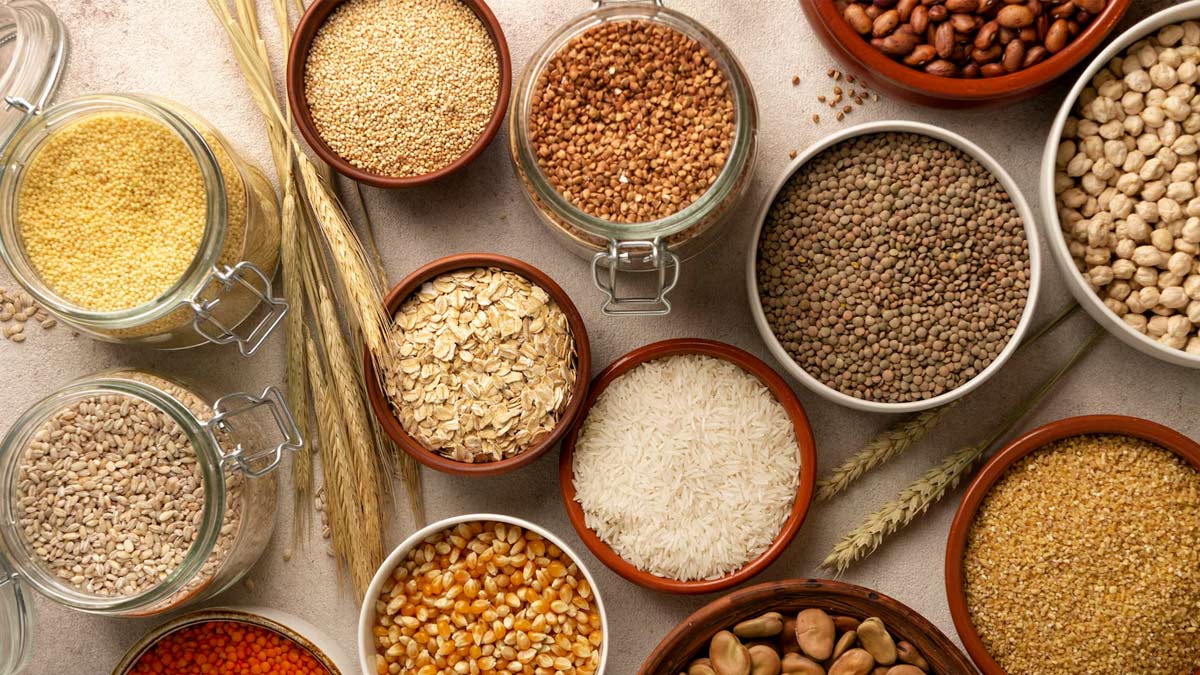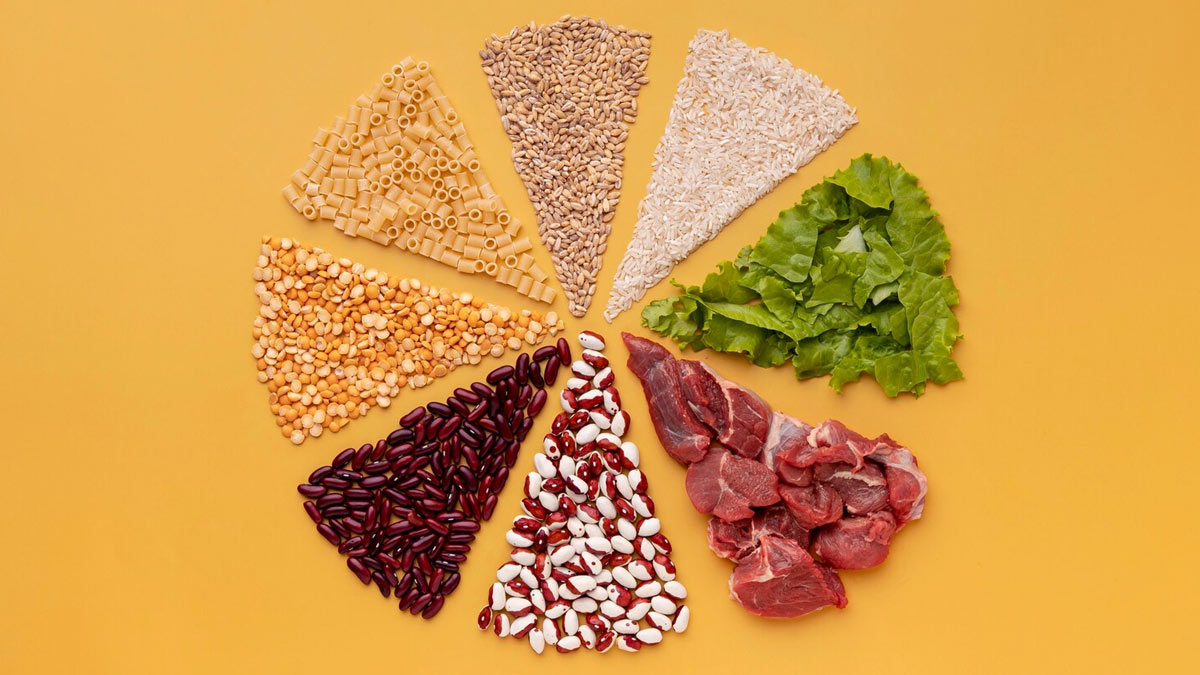
If you're unable to pass gas or stool, the first thought that is likely to come to your mind is constipation, which could be the case but not always. A more severe form of blockage is bowel obstruction, in which patients often complain of experiencing severe abdominal pain, bloating, nausea, and vomiting. What's more concerning is that bowel obstruction is a serious, potentially life-threatening condition that requires immediate medical attention.
Table of Content:-
When it comes to managing bowel obstruction, a lot of factors come into play – mostly medical. Hospitalisation is key; however, when it comes to recovery, diet plays a crucial role. Not only is it important to focus on foods you should eat, but also those that you should avoid. In an interaction with the OnlyMyHealth team, Dr D Chandra Sekhar Reddy, Senior Consultant Gastroenterologist, Hepatologist, and Therapeutic Endoscopist, Yashoda Hospitals, Hyderabad, shares a guide.
Also Read: What is the prognosis of Bowel Obstruction?
What Happens When You Have A Bowel Obstruction?

“A complete or partial blockage in the small intestine or large intestine is called bowel obstruction,” explains Dr Reddy, adding that this obstruction blocks the intestinal passageway, slowing the digestion process or completely bringing it to a halt.
Digestive juices, gas and waste get blocked, causing tissue damage.
According to StatPearls Publishing, while small bowel obstruction accounts for 80% of all bowel obstructions and contributes to 15-20% of hospital admissions for acute abdominal pain, large bowel obstruction, although rare, has an estimated 6% lifetime risk of malignancy.
Should You Have High-Fibre Foods Or Not?

Whenever you find it difficult to pass stool, experts often recommend adding more fibre to your diet. Fibrous food helps in digestion by giving volume to stool. Fibre also acts as a sponge to help absorb fluid and soften the food.
However, when it comes to bowel obstruction, it may not be the case.
According to Dr Reddy, dietary fibre is the part of plant foods, such as fruits, vegetables, and grains, that human digestive enzymes cannot break down. "Patients with bowel obstruction should avoid insoluble fibre such as skin and seeds of fruits/vegetables and whole-grain products, e.g., breads, pasta, brown rice, quinoa, nuts and seeds, wheat, and rice bran, etc., as it increases the risk of bowel obstruction," he shares.
This is because insoluble fibre does not dissolve in the water, adding more bulk to the stool. Therefore, avoiding insoluble fibre helps to reduce the amount of material in the bowel, decreasing stool bulk and easing passage, making it easier to manage the obstruction.
Foods To Avoid If You Have A Bowel Obstruction

If you have been diagnosed with bowel obstruction, Dr Reddy recommends avoiding the following foods:
- Whole grain or other high-fibre breads
- Dried nuts and seeds
- Tough or stringy pieces of meat
- Avoid eating fruits and foods with a lot of resin and tannins, especially on an empty stomach or when eating with high-protein foods.
- Limit high-fat foods, fried foods, fast food, and processed foods, which can cause indigestion and make the digestive system work harder to digest food.
- Foods containing tannins, such as unripe mangoes, guava, and soaked persimmons, and foods high in fibre, such as bamboo shoots
Type Of Diet You Should Follow When You Have A Bowel Obstruction
Dr Reddy shares that after a bowel obstruction, the gut is sensitive and needs gentle care. Healthy, bowel-friendly diets help hasten recovery.
- Opt for easily digestible foods like thin porridge, soups, noodles, well-cooked vegetables, ripe bananas, and papaya.
- Drink plenty of water or clear juices, have small frequent meals, and include probiotic-rich yoghurt.
- Add lean meats and lactose-free milk gradually.
Dr Reddy emphasises that the focus should be on light, soft, and non-irritating foods for smooth recovery.
Bottomline
It is important to remember that unlike constipation, bowel obstruction can turn serious if not addressed promptly. Seek immediate medical help if you have severe abdominal pain or cramping, persistent vomiting, fever, or signs of dehydration. These symptoms may indicate complications that need urgent attention. Dr Reddy concludes that early consultation with a gastroenterologist ensures proper management and prevents serious outcomes.
Also watch this video
How we keep this article up to date:
We work with experts and keep a close eye on the latest in health and wellness. Whenever there is a new research or helpful information, we update our articles with accurate and useful advice.
Current Version
Sep 14, 2025 13:44 IST
Published By : Tenzin Chodon